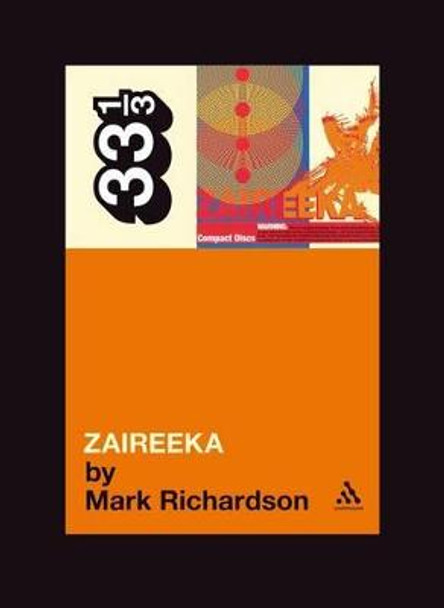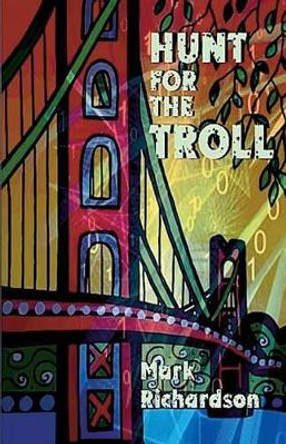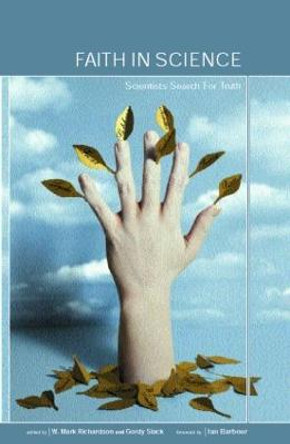Released in October 1997, the "Flaming Lips' Zaireeka" was met with some critical praise and more general puzzlement. The album comes as four separate CDs intended for playback at the same time. Which means, of course, that four CD players are required. And four amps. And eight speakers. And at least four sets of hands to make them all go. "Zaireeka" requires several people to get together for the express purpose of listening to music; there's nothing to dance to and nothing to look at. It's almost quaint, really. There was a time when people sat together to listen to records; and, "Zaireeka" celebrates this disappearing moment. It is, in other words, an album that does away with the very thing that caused recorded music become a phenomenon so quickly in the 1920s and helped it stay that way ever since: it is not convenient. Ten years later, convenience continues to drive the music business from the top-down and the listening experience from the bottom up. Digital music has become divorced from physical reality; with an MP3 file played on devices using flash ROM, the whole thing happens without a single moving part. Headphones, the sound delivery technology most in favor, blur the borders between device and listener, all in complete isolation. We're shoving the speakers into our ear canals; the music is literally inside of us even before it's left the wire. And so, the human experience of music in the developed world is proceeding along two parallel lines: we're either retreating into a private world of solitary consumption, or we hear music in the background, in coffee shops or on commercials, where it is ambience, part of an environment. Which is part of what makes "Zaireeka" even more fascinating now than it was at the time of release. In addition to being a fantastic album of imaginative psychedelic pop and arguably the Flaming Lips' masterpiece, it was first the final shot fired in the struggle for the rock album to maintain the centrality it had enjoyed since the late 1960s. It defies segmentation. The effort it takes to hear the record properly ensures that the music will be listened to carefully. It's music that even the interested will experience only a few times in their lives; it involves hard work. So listening to "Zaireeka" is a rare event, and it's also a social experience.
Released in October 1997, the Flaming Lips' Zaireeka was met with some critical praise and more general puzzlement. The album comes as four separate CDs intended for playback at the same time. Which means, of course, that four CD players are required. And four amps. And eight speakers. And at least four sets of hands to make them all go. Zaireeka requires several people to get together for the express purpose of listening to music; there's nothing to dance to and nothing to look at. It's almost quaint, really. There was a time when people sat together to listen to records; Zaireeka celebrates this disappearing moment.About the AuthorMark Richardson is Senior Contributor and Associate Editor at Pitchfork Media, where he has been writing since 1998. He lives in Richmond, Virginia.
Reviews[A] wildly accessible, entertaining, and thoughtful book about the importance of an album that nobody talks about much anymore. -- Paul Constant * The Stranger *
Book InformationISBN 9780826429018
Author Mark RichardsonFormat Paperback
Page Count 128
Imprint Continuum International Publishing Group Ltd.Publisher Bloomsbury Publishing PLC
Weight(grams) 116g









